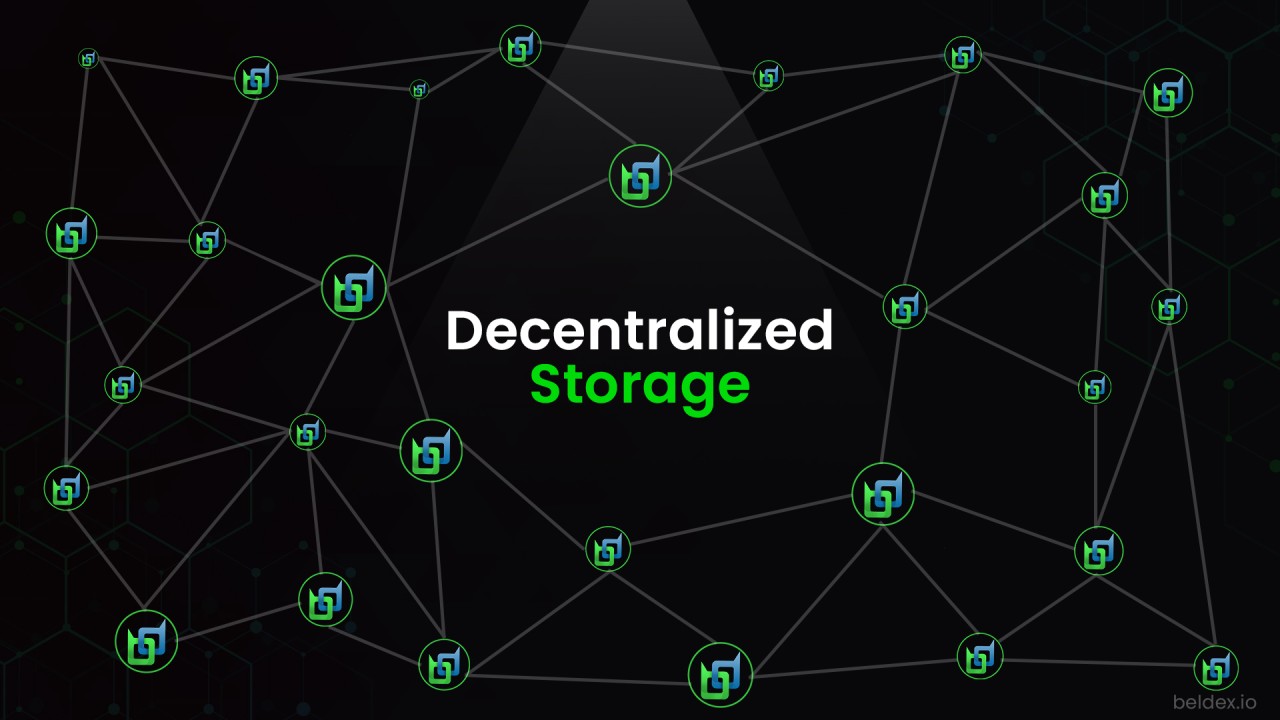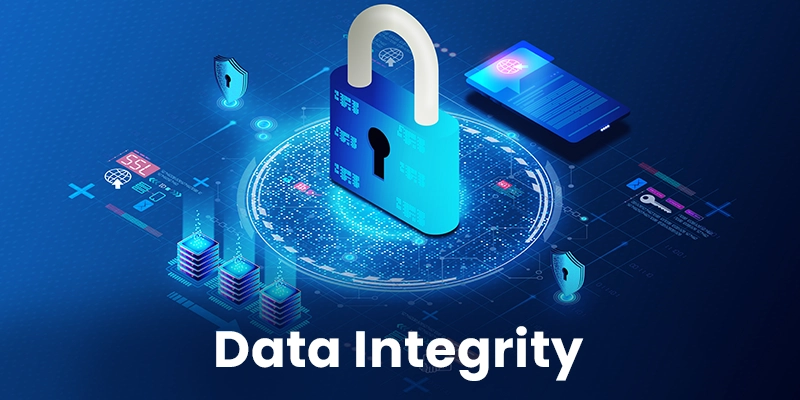The Importance of DePIN in Secure Data Transmission. In today’s digital era, data transmission security is a growing concern for individuals and businesses alike. With the increasing prevalence of cyber threats, ensuring that sensitive data is transmitted securely has never been more critical. One innovative solution that is making waves in the industry is the Decentralized Physical Infrastructure Network (DePIN). This blog will delve into The Importance of DePIN in Secure Data Transmission, exploring how this technology is transforming the way we handle and protect our data.
Understanding Data Transmission Security
Data transmission involves the transfer of data from one device to another, often over a network. This process is vulnerable to a range of threats, including interception, tampering, and unauthorized access. Secure data transmission is essential to protect sensitive information, such as financial details, personal data, and intellectual property. As cyber threats become more sophisticated, traditional methods of securing data transmission are proving inadequate, driving the need for more advanced solutions like DePIN.
What is DePIN?
DePIN, or Decentralized Physical Infrastructure Network, is a cutting-edge technology designed to enhance security in various aspects of digital operations, including data transmission. Unlike centralized networks, where a single point of failure can compromise the entire system, DePIN leverages a decentralized architecture. This means that data is transmitted and stored across multiple nodes in a distributed network, making it significantly more difficult for attackers to breach.
The Role of DePIN in Secure Data Transmission
The decentralized nature of DePIN is a game-changer for secure data transmission. By eliminating centralized points of control, DePIN minimizes the risk of data breaches. Here’s how DePIN plays a crucial role in secure data transmission:
Enhanced Data Encryption
One of the most critical aspects of secure data transmission is encryption. DePIN networks employ advanced encryption techniques that ensure data remains secure during transmission. Data is encrypted at the source and decrypted only at the destination, making it nearly impossible for unauthorized parties to access the information.
Decentralized Storage
DePIN networks store data across multiple nodes, rather than in a single centralized location. This decentralized storage model adds an extra layer of security. Even if one node is compromised, the overall integrity of the data remains intact, as it is stored redundantly across the network.
Distributed Data Transmission
In a DePIN network, data is transmitted across multiple paths simultaneously. This distributed transmission reduces the likelihood of data interception, as no single path carries the entire dataset. This approach significantly enhances the security of data transmission.
How DePIN Ensures Data Integrity
Data integrity is crucial for secure data transmission, ensuring that the information received is exactly what was sent. DePIN enhances data integrity through its decentralized nature, where multiple nodes verify and validate the data. Any attempt to tamper with the data would be quickly identified and rejected by the network.
Redundancy and Fault Tolerance
DePIN networks are designed with redundancy in mind, meaning that data is replicated across several nodes. This redundancy ensures that even if a node fails or is compromised, the data remains accessible and unaltered. Fault tolerance is another critical aspect of DePIN, as the network can continue to operate smoothly even in the event of node failures.
Consensus Mechanisms
DePIN networks use consensus mechanisms to ensure that all nodes agree on the state of the data. This consensus is vital for maintaining data integrity, as it prevents unauthorized changes to the data. Any discrepancy between nodes triggers an alert, allowing for quick corrective action.
Secure your future by investing in DePIN through SRP Coin. Harness cutting-edge technology to protect your data and grow your wealth.
The Advantages of DePIN Over Traditional Networks
Increased Security
Traditional networks are vulnerable to various security threats, primarily due to their centralized nature. DePIN, with its decentralized architecture, offers significantly enhanced security. By distributing data across multiple nodes and employing advanced encryption, DePIN makes it extremely difficult for attackers to breach the network.
Improved Scalability
Scalability is another advantage of DePIN. As more nodes are added to the network, its capacity to transmit and store data increases. This scalability is crucial for handling the growing amounts of data generated in today’s digital world.
Reduced Risk of Single Points of Failure
In traditional networks, a single point of failure can bring the entire system down. DePIN mitigates this risk by distributing data and operations across multiple nodes. Even if one node fails, the network continues to function, ensuring uninterrupted data transmission.
Real-World Applications of DePIN in Data Transmission
DePIN technology is not just theoretical; it has practical applications in various industries. Here are some real-world examples of how DePIN is revolutionizing secure data transmission:
Financial Services
In the financial sector, secure data transmission is paramount. DePIN is being used to protect sensitive financial data during transactions, reducing the risk of fraud and unauthorized access. By leveraging DePIN, financial institutions can ensure that their customers’ data is transmitted securely.
Governments and defense organizations require the highest levels of security for data transmission. DePIN provides a robust solution for transmitting classified information securely. By using DePIN, these organizations can protect sensitive data from espionage and cyber-attacks.
The Future of DePIN in Secure Data Transmission
As technology continues to evolve, so too will the role of DePIN in secure data transmission. The future holds several exciting developments for DePIN, which will further enhance its capabilities and adoption.
Integration with Emerging Technologies
DePIN is expected to integrate with emerging technologies such as blockchain, artificial intelligence, and quantum computing. These integrations will enhance the security and efficiency of data transmission, making DePIN an even more powerful tool for protecting sensitive information.
Broader Adoption Across Industries.png)
As awareness of DePIN’s benefits grows, more industries are likely to adopt this technology. From finance to government, DePIN has the potential to become the standard for secure data transmission across various sectors.
Continuous Improvement and Innovation
The developers behind DePIN are continuously working to improve and innovate the technology. Future updates and advancements will further strengthen DePIN’s security features, making it an indispensable tool for secure data transmission.
Conclusion
In conclusion, The Importance of DePIN in Secure Data Transmission cannot be overstated. In a world where cyber threats are becoming increasingly sophisticated, DePIN offers a robust solution for protecting sensitive data. Its decentralized architecture, advanced encryption, and distributed transmission make it a superior choice for secure data transmission. As DePIN continues to evolve, its role in ensuring data security will only become more critical. For businesses and individuals alike, investing in DePIN technology is a smart move to safeguard their data in the digital age.

 China
China Russia
Russia India
India









